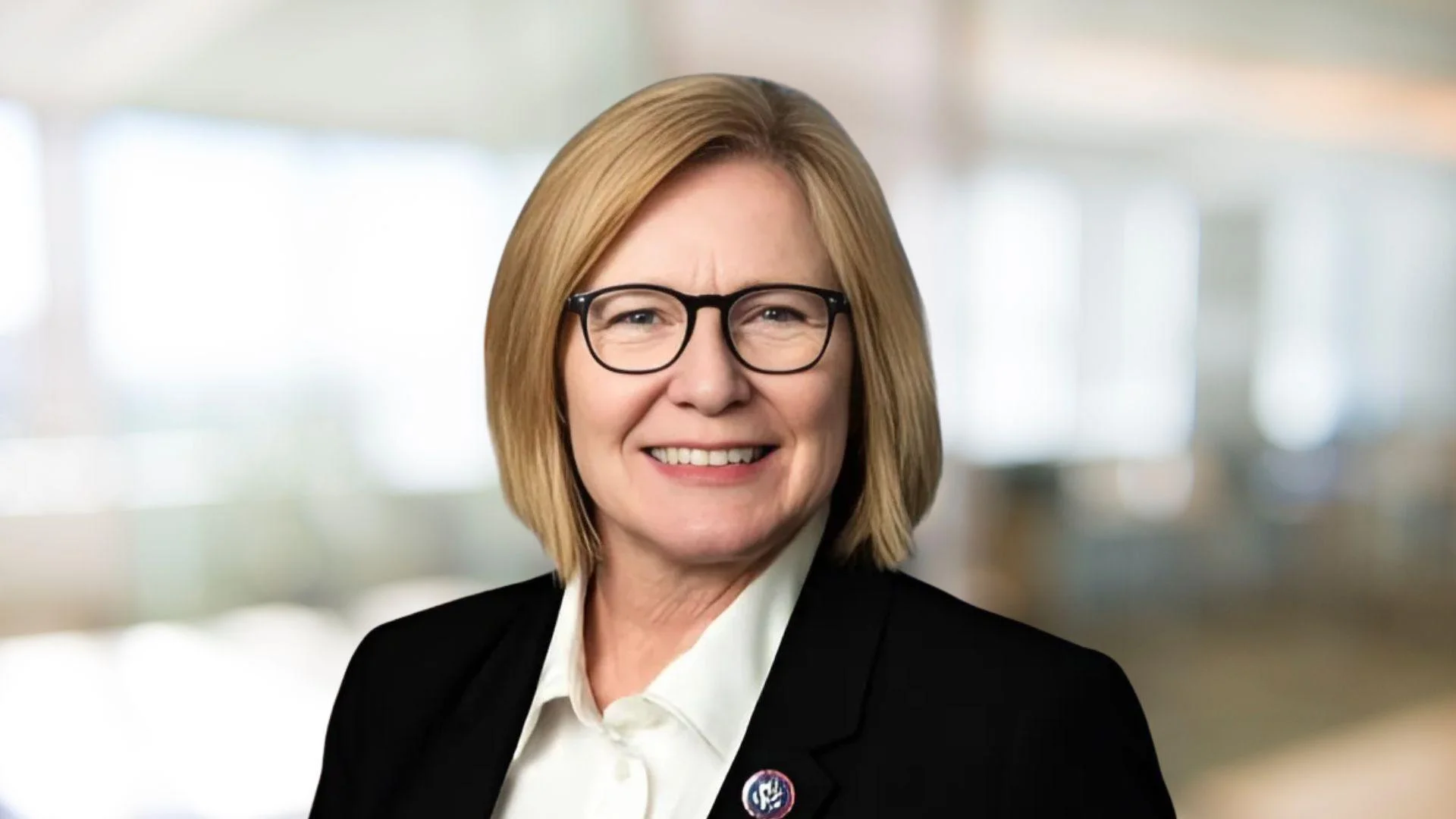Michelle Fischbach, Representative for Minnesota | X
Michelle Fischbach, Representative for Minnesota | X
Michelle Fischbach, the representative for Minnesota's District 7, said that a new tax bill under committee review will provide lasting relief to families, businesses, and seniors.
"Heading into Ways and Means Committee to mark up our One Big Beautiful Bill," said Fischbach. "This bill is going to deliver permanent tax cuts and deliver tax relief for families, small businesses, seniors, and farmers."
In May 2025, the U.S. House Ways and Means Committee advanced the "One Big Beautiful Bill," a 1,116-page tax package that would permanently extend the 2017 income tax cuts and add new deductions for tips, overtime pay, and Social Security income for seniors. According to the Associated Press, the bill also includes controversial measures such as eliminating funding for Planned Parenthood, repealing taxes on gun silencers, and cutting Medicaid and Supplemental Nutrition Assistance Program (SNAP) funding to offset tax reductions. Supporters hail the bill as pro-growth, while critics argue it threatens safety nets for vulnerable populations. The bill marks a significant Republican fiscal policy shift.
The Joint Committee on Taxation projects that the "One Big Beautiful Bill" would add $3.8 trillion to the federal deficit by 2034. According to the Committee for a Responsible Federal Budget (CRFB), if all provisions are made permanent, the cost could climb to $5.3 trillion—equal to about 1.5% of Gross Domestic Product (GDP). Analysts warn that such increases in deficit spending could have long-term consequences for interest rates and fiscal sustainability. The bill’s scale raises major economic and budgetary concerns.
The tax relief proposals in the bill deliver varied benefits to different income groups. MarketWatch reports that seniors earning under $75,000 would be eligible for a $4,000 deduction, while working families could benefit from exemptions on overtime and tips. Small businesses would see expanded write-offs. However, critics note that individuals earning over $1 million could receive an average benefit of $81,000 compared to just $263 for those making under $50,000. The bill’s relief measures may disproportionately favor higher earners.
Fischbach has served in the U.S. House of Representatives since 2021. According to her official congressional biography, she sits on the House Ways and Means and Rules Committees and has consistently backed efforts to extend the 2017 tax cuts. She advocates for tax policies that support rural communities, family farms, and economic growth. Fischbach views lower taxes as essential to spurring investment and job creation.




 Alerts Sign-up
Alerts Sign-up